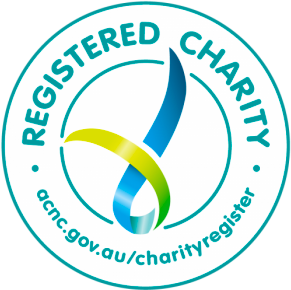Please be advised that an updated version of the CCINR guidelines are now available on the CCINR website. The most recent changes were formally approved by each parent body. For reference, the changes are:
(g) 10 cases of the use of particulate embolisation material, including 5 as primary operator; to instead state:
(g) knowledge of the use of particulate embolisation material.
(k) 40 cases of endovascular treatment of acute ischaemic stroke; to increase to:
(k) 50 cases of endovascular treatment of acute ischaemic stroke.
Alteration of the Application Eligibility guidelines at 2.6; to state:
2.6. Applicants who have completed the entirety of their training overseas OR who have completed training overseas more than 3-years ago and have been practicing as an independent INR specialist since then should present equivalent proof of training and experience requirements as set out in Sections 2, 3, 4 and 5 of this document inclusive, including: a cover letter to summarise their training and experience; a completed logbook in the CCINR format; references from two clinical supervisors, fellowship with the appropriate College and a radiation licence (if required).


